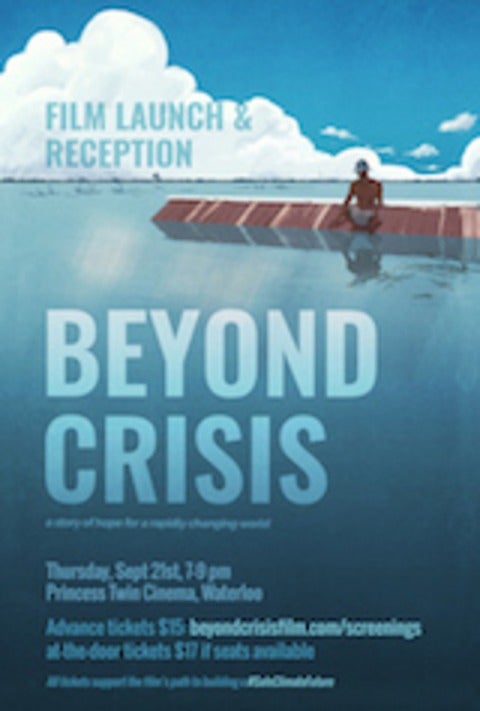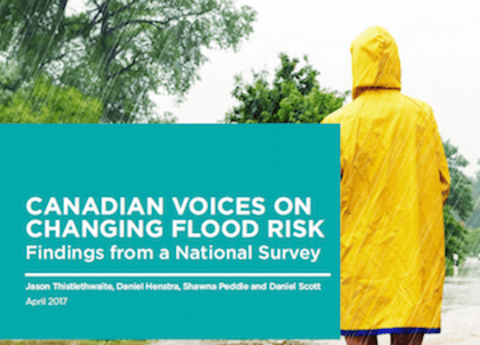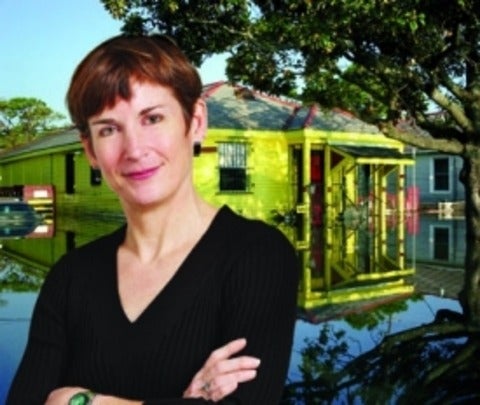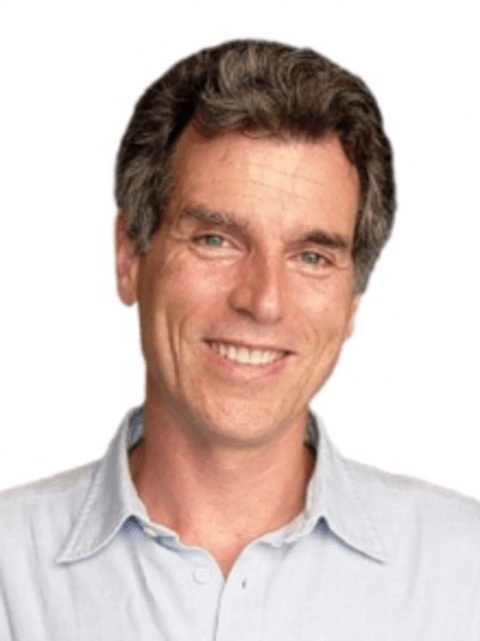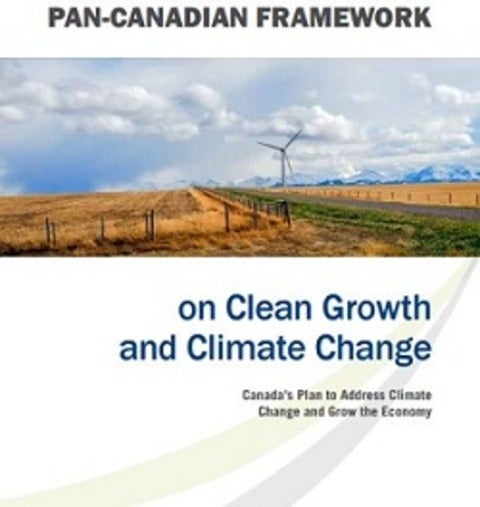Preventing Disaster before It Strikes: Developing a Canadian Standard for Flood-Resilient Residential Communities
The Intact Centre on Climate Adaptation (ICCA) has a launched a new report Preventing Disaster before It Strikes: Developing a Canadian Standard for Flood-Resilient Residential Communities.
